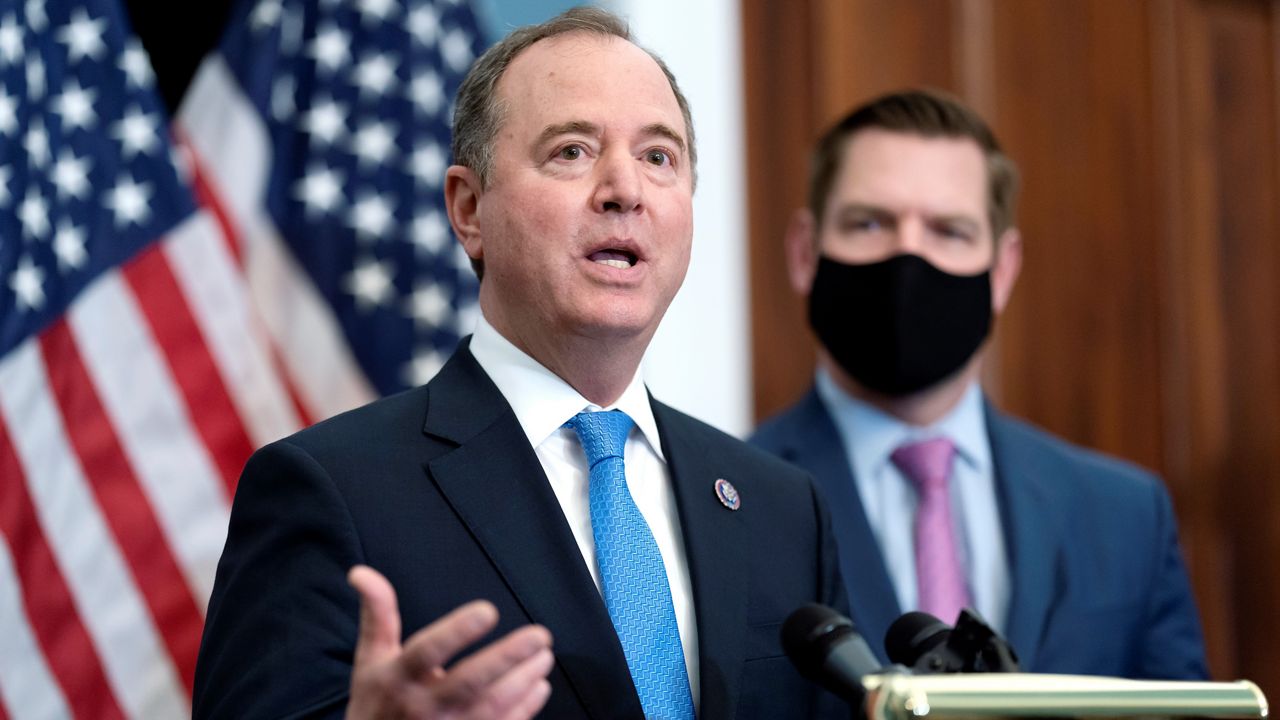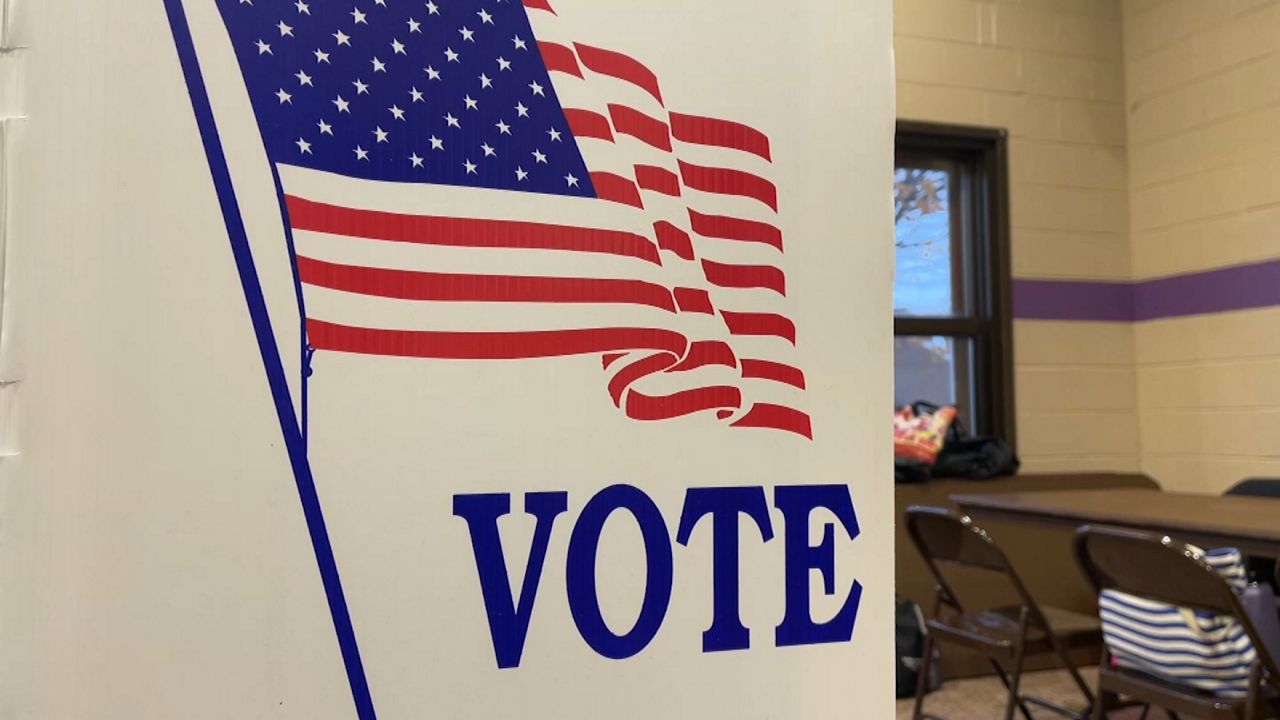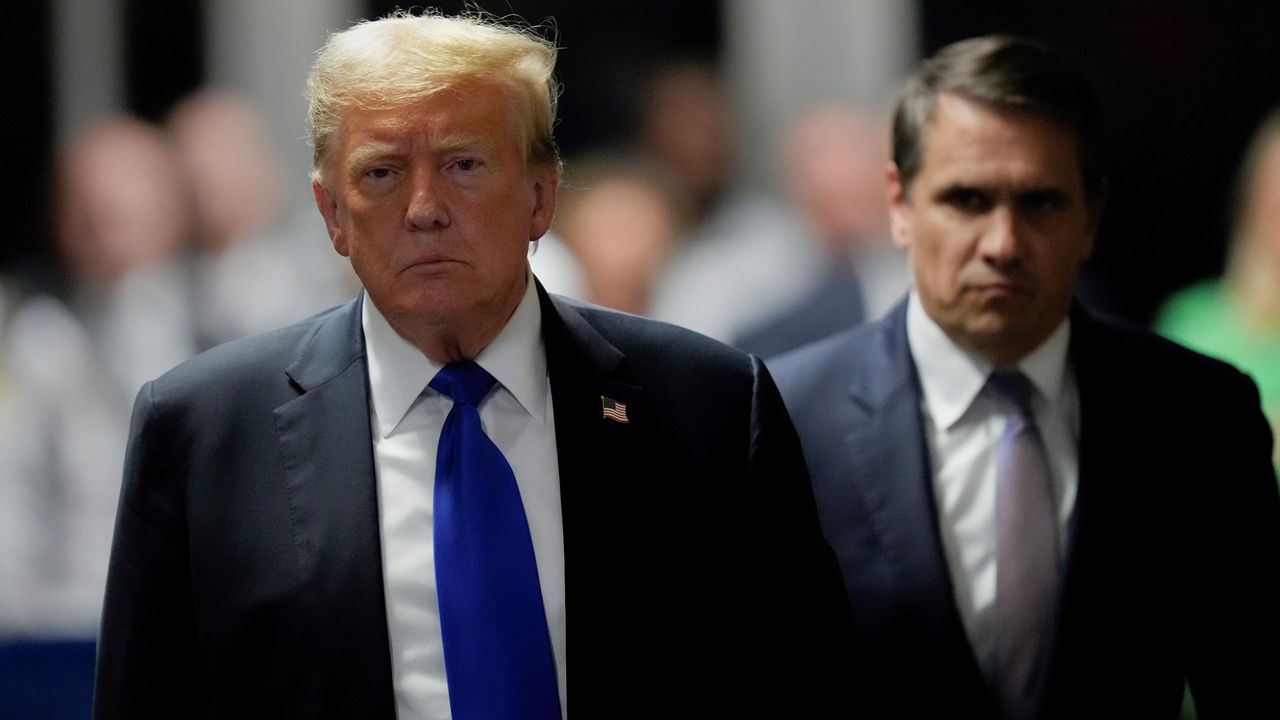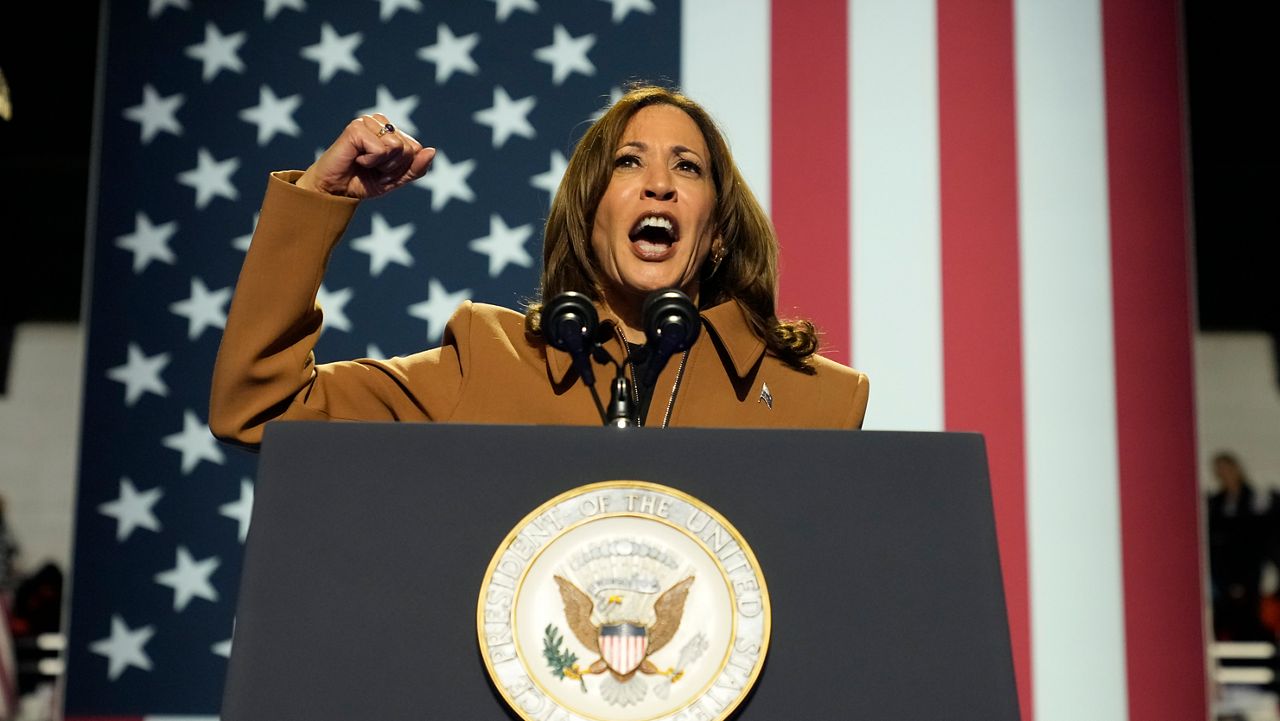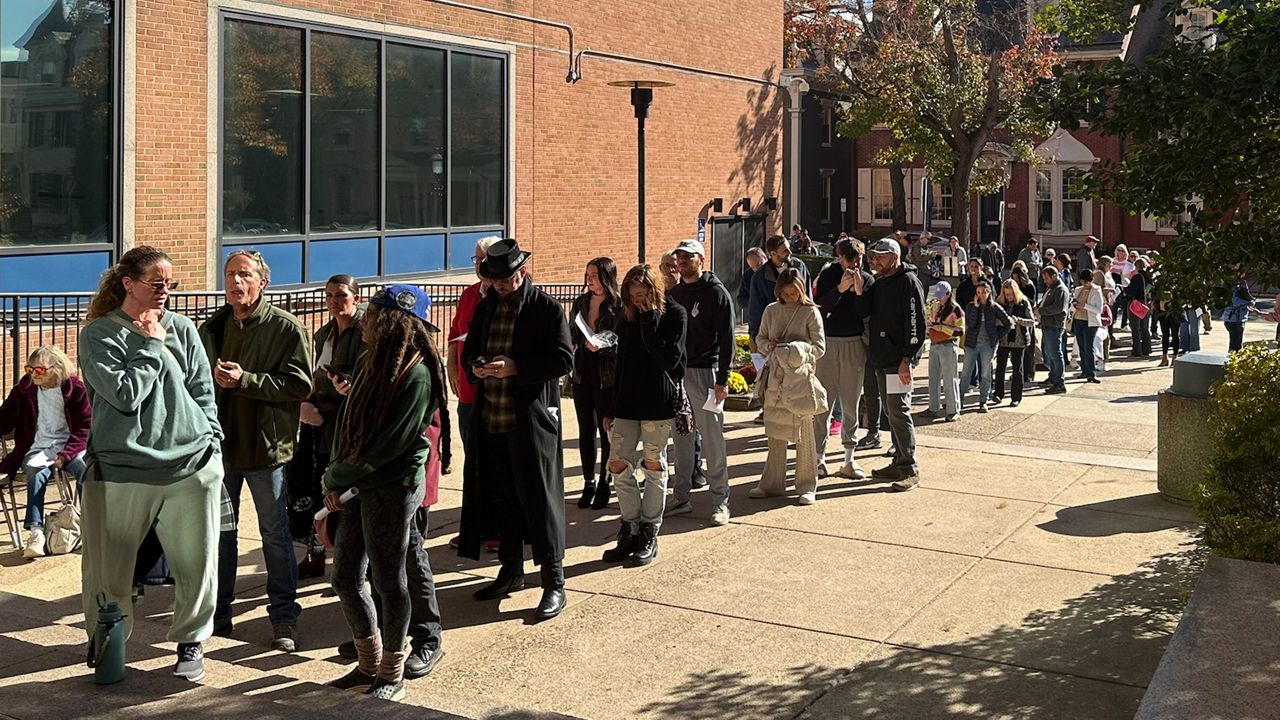As investigations into former President Donald Trump have heated up in recent weeks, the House Select Committee investigating the Jan. 6 riot at the U.S. Capitol – which held high-profile hearings throughout the early part of the summer, including some in prime-time – has been relatively quiet.
That is all expected to change in the coming weeks, Rep. Adam Schiff, D-Calif., a member of the panel, said in an interview with Spectrum News on Monday.
During Congress' August recess, Schiff said that the panel "continued to work, continued to interview new witnesses, take new depositions and follow new evidentiary leads," and planned their work ahead for the fall, which will culminate in a report of their findings which will be released at the end of the year.
"I think we will certainly have a hearing or hearings on our recommendations," Schiff said. "That is what we need to do to protect the country from this ever happening again. We may also have a hearing of the factual nature, like you've seen before, where we present new witnesses and new videotaped testimony will certainly be releasing new materials online from people."
"We want to finish the work this session," Schiff added, noting that a final report of the committee's findings will come “sometime before the end of the year.”
The committee’s license runs out at the end of this congressional term. And even without such parameters, there was concern that if Republicans took the House in the midterm elections, they would disband the committee anyway. One of the panel's key members, vice chair Liz Cheney, R-Wyo., lost her Republican primary and will be out of Congress come January.
“We're not really looking to have this governed by a political timetable," Schiff explained. "We want to get our report done as soon as we can and have a sense of urgency about it."
In the last several weeks, former Trump cabinet officials have been appearing before the committee for depositions, including former national security advisor Robert O’Brien, former Secretary of State Mike Pompeo, and former Treasury Secretary Steve Mnuichin.
Schiff was tight-lipped when asked whether these cabinet officials corroborated former White House aide Cassidy Hutchinson’s testimony that the 25th Amendment had been discussed in the days following Jan. 6.
“I think that there certainly is evidence that there were discussions about whether the president continued to be fit for office after January 6," Schiff said. "And some of those conversations revolve around the 25th Amendment. But I can't go into the particulars."
He did, however, call Hutchinson, who was subjected to attacks from Trump allies about her testimony, "a very credible witness."
“A lot of the people that have been attacking her have been attacking her anonymously, and not ... willing to come in and testify under oath, but rather engage kind of in a rumor mill," Schiff said. "So there are others we're gonna bring in, or bring back in, under oath.”
The panel has also sought information from former House Speaker Newt Gingrich and Virginia "Ginni" Thomas, a conservative activist and wife of Supreme Court Justice Clarence Thomas.
Schiff, a prominent critic of former President Trump, also serves as chair of the House Permanent Select Committee on Intelligence.
Since details of last month's search of Mar-a-Lago began to emerge, Schiff has been calling for a detailed damage assessment from Director of National Intelligence Avril Haines.
A federal judge ruled Monday that a special master will be appointed to oversee the Department of Justice’s review of documents, to make sure that documents that fall under privilege are excluded from the discovery. The decision, however, should not impact the damage assessment as to how these documents could impact national security.
Haines has now said a damage assessment will be completed, looking at what happens next, how sources can be protected in the wake of this security breach, and what is actually in those top secret documents.
“Had you been found in possession of boxes of documents of this nature? You'd be under arrest by now. And that's how seriously we take this,” said Schiff. “We need to get to the bottom of what he was doing with these documents, and whether unauthorized people had a chance to review them.”
With his role as chair of the intelligence committee, Schiff has a high security clearance that gives him access to be briefed on many top secret documents such as the ones found at Mar-a-Lago. But he explained that some files are so sensitive that even he may not be able to read them.
“You can even have a top security clearance and still not be able to see those documents. Because of the compartment that are in that gets to the SEI designation, a compartment will often refer to either a program, or it will refer to a secret source, and it can be a human source, or it can be a technical source,” Schiff explained.
“If those documents got in the wrong hands and the adversary were able to read them, they would not only learn the information, which might harm our national security, but they also may be able to figure out the source of the information. And that could put the source's life at risk.”
Ultimately, Schiff told Spectrum News he still has many questions about how these documents wound up at Trump’s Florida residence in the first place.
“My predominant concern in terms of the classified materials is that there were so many classified documents, what was the President doing with him? Why would he take them back to this public resort?”




